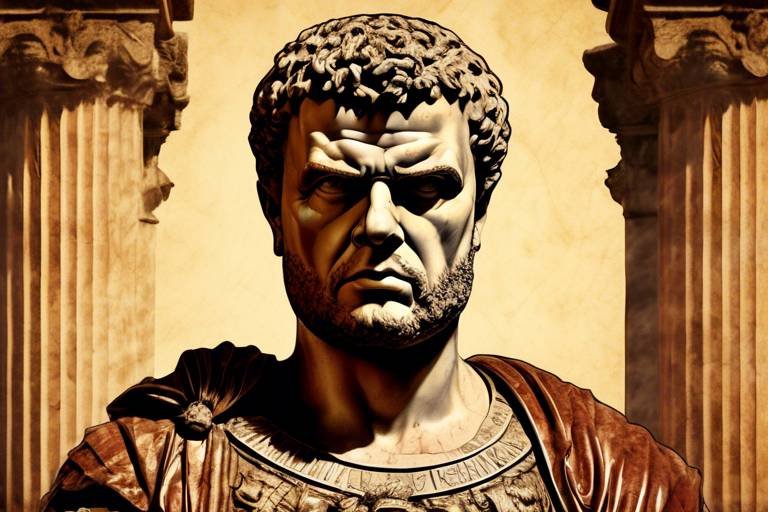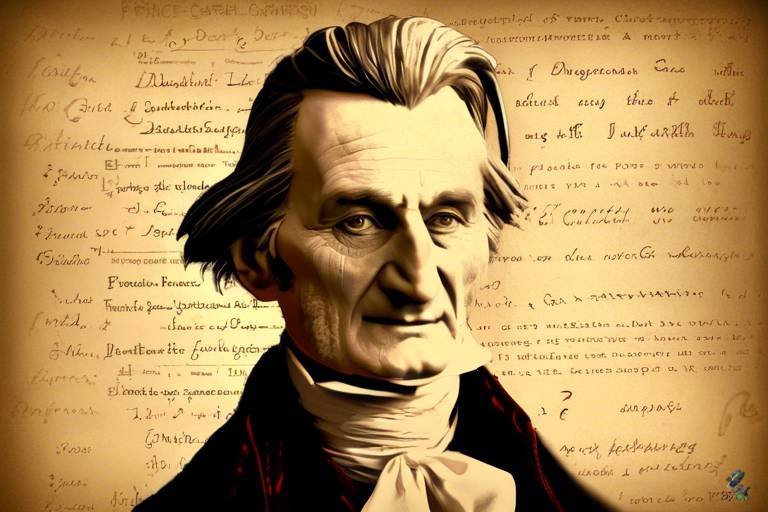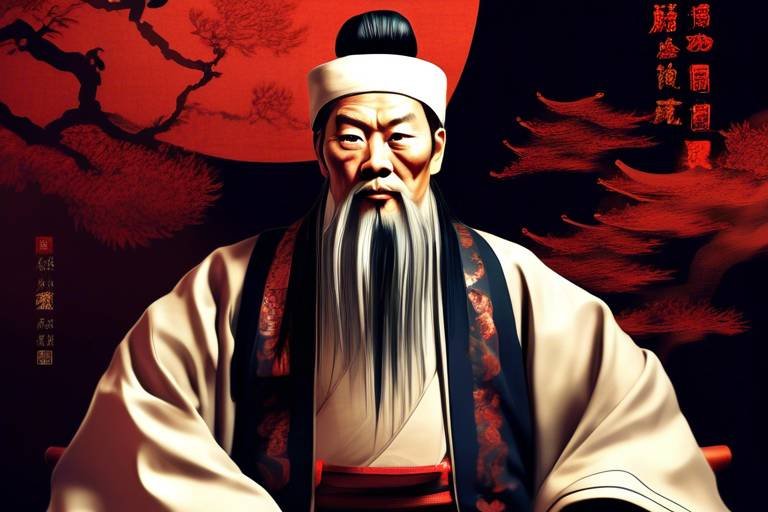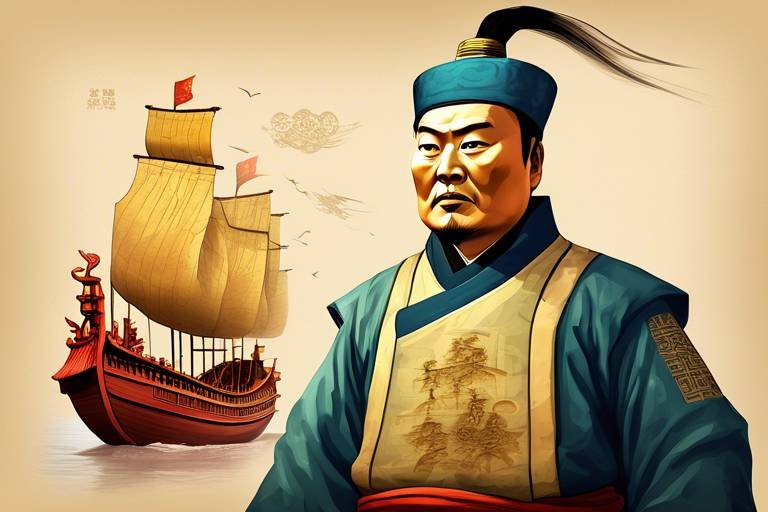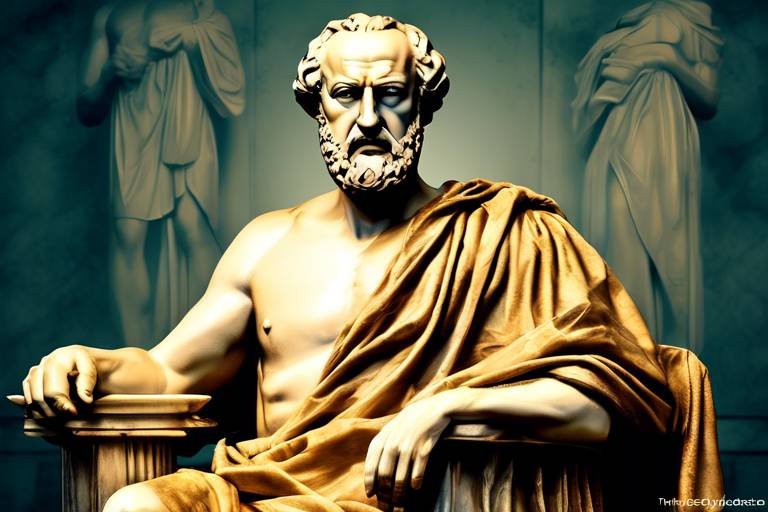Caracalla: The Emperor Who Granted Citizenship
Caracalla, also known as Lucius Septimius Bassianus, ascended to the throne following the assassination of his father, Emperor Septimius Severus. His rule was marked by a tumultuous relationship with his brother Geta, culminating in fratricide and Caracalla's sole reign. Despite the controversy surrounding his rise to power, Caracalla's legacy is defined by his bold actions and reforms that left a lasting impact on the Roman Empire.
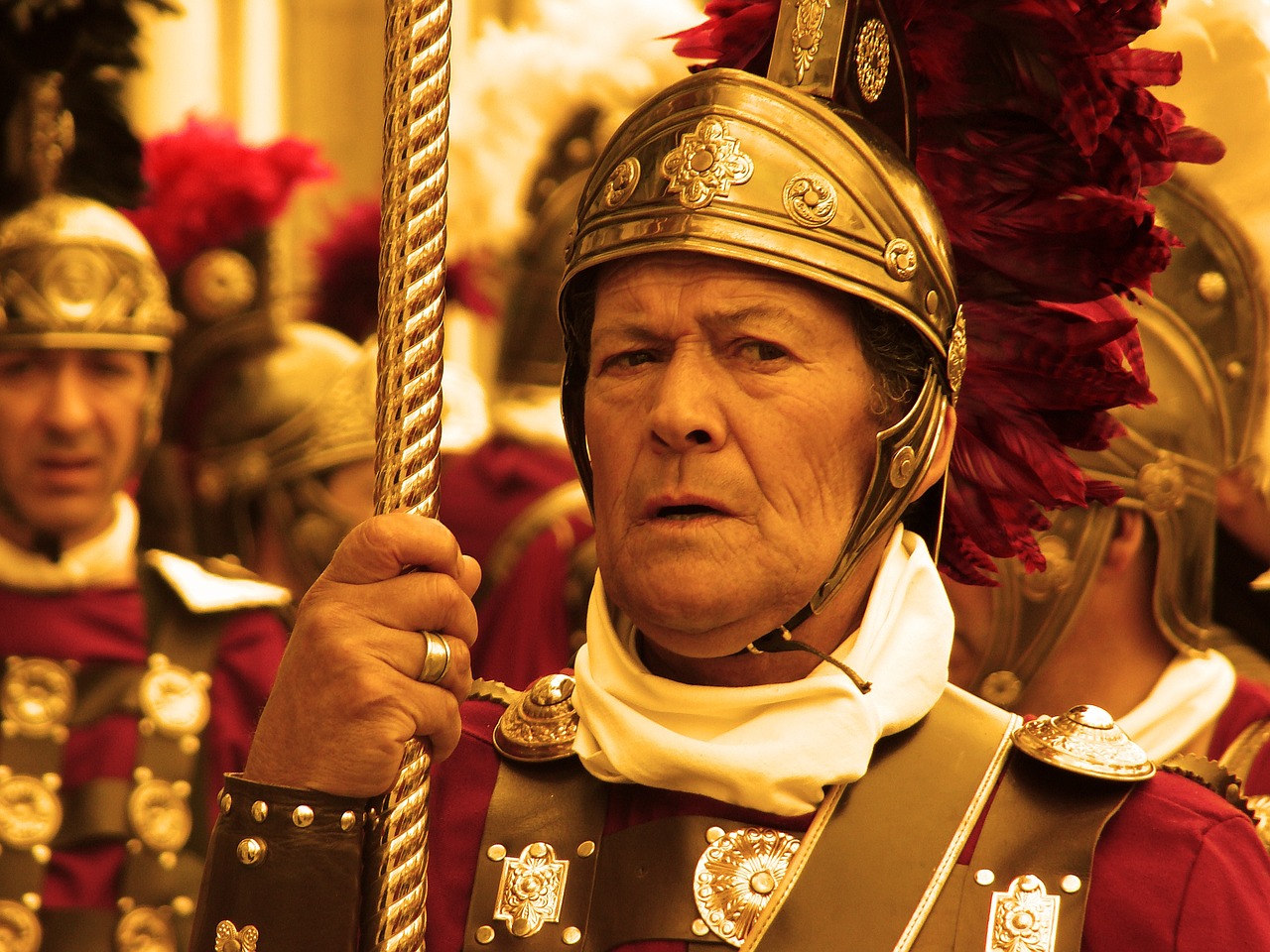
Early Life and Ascension to Power
Caracalla, originally named Lucius Septimius Bassianus, began his journey to power in the wake of his father's assassination, Emperor Septimius Severus. The young Caracalla found himself thrust into the tumultuous world of Roman politics, where power struggles and familial rivalries were commonplace. His relationship with his brother Geta was particularly contentious, ultimately culminating in a tragic fratricide that solidified Caracalla's grip on the throne.
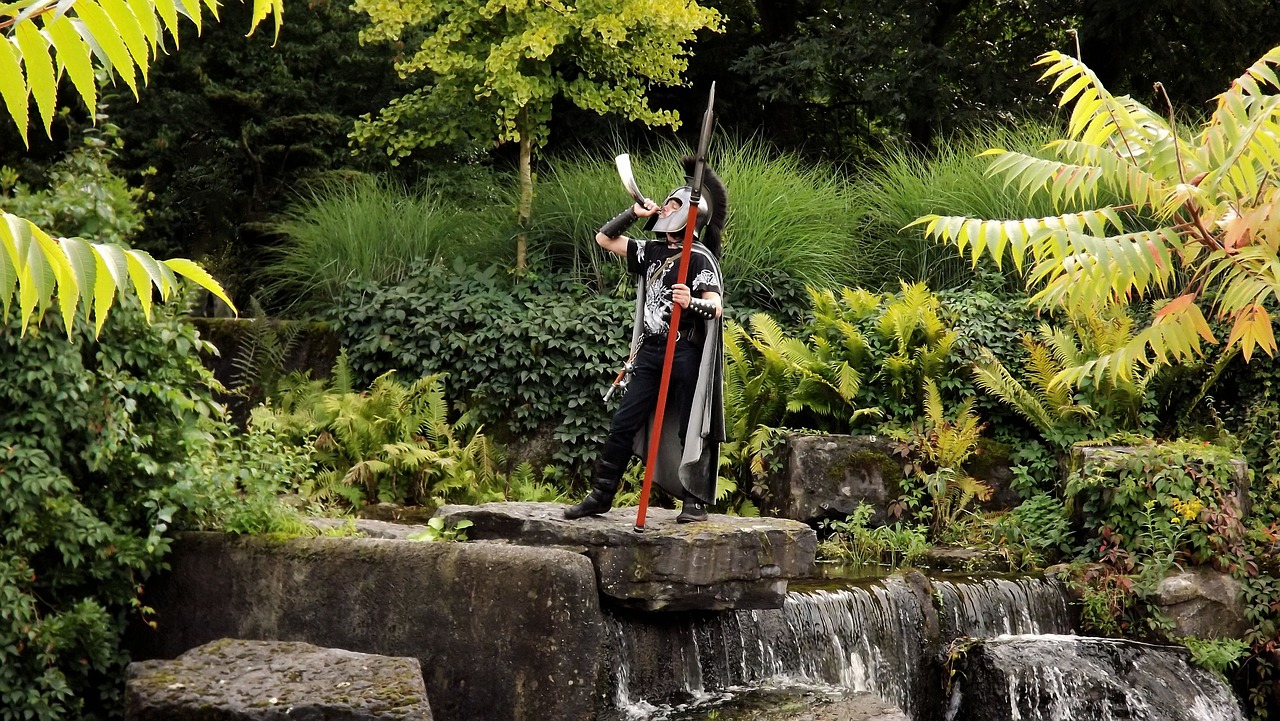
Edict of Caracalla: Universal Citizenship
Caracalla's Edict of Universal Citizenship, also known as the Constitutio Antoniniana, was a groundbreaking reform that reshaped the social fabric of the Roman Empire. Enacted in AD 212, this edict granted Roman citizenship to all free inhabitants of the empire, regardless of their origin or status. Previously, Roman citizenship was a privilege limited to specific classes, but Caracalla's decree extended this right to a vast number of people, aiming to integrate diverse populations under the umbrella of Roman identity.
The implementation of the Edict of Caracalla had far-reaching implications beyond just conferring legal status. By extending citizenship to a broader population, Caracalla sought to bolster the empire's tax base and military recruitment pool. With more individuals now considered Roman citizens, the state could levy taxes on a larger scale and conscript a greater number of soldiers into the legions, strengthening its financial and military capacities.
Furthermore, the edict had profound social consequences, fostering a sense of unity among the disparate peoples of the Roman Empire. Citizens now shared common legal rights and responsibilities, creating a more cohesive society. This move towards inclusivity, while driven by pragmatic concerns, also carried symbolic significance, emphasizing the universal nature of Roman citizenship and identity.
Despite its progressive intent, the Edict of Caracalla faced challenges and criticisms. Some viewed the mass granting of citizenship as a cynical ploy to extract more resources from the population, rather than a genuine gesture of inclusivity. Additionally, the sudden influx of new citizens posed administrative difficulties, requiring adjustments in governance and social services to accommodate the expanded citizenry.
In the centuries following Caracalla's reign, the impact of his edict continued to reverberate throughout the Roman Empire. The concept of universal citizenship set a precedent for future legal reforms and influenced the evolving nature of citizenship in the ancient world. While Caracalla's motivations may have been complex and multifaceted, his edict remains a pivotal moment in Roman history, shaping the empire's social structure and identity for generations to come.
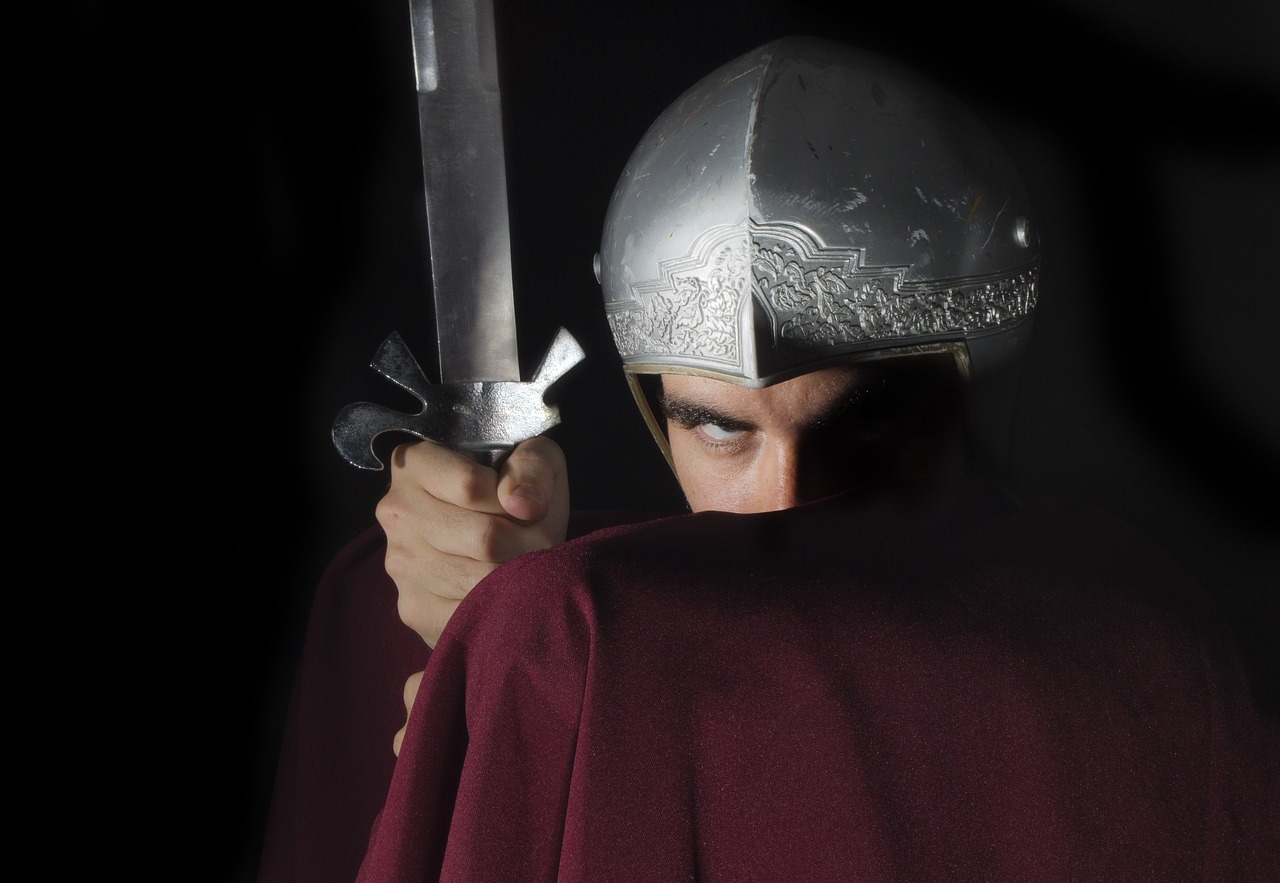
Military Campaigns and Expansion
Caracalla's military campaigns and expansionist policies played a significant role in shaping the borders and territories of the Roman Empire during his reign. He embarked on ambitious campaigns against various enemies of Rome, including the Parthian Empire and Germanic tribes, in a bid to expand Roman influence and secure the empire's borders.
One of Caracalla's notable military victories was the conquest of the Parthian capital, Ctesiphon, in 216 AD, which solidified Roman control over the eastern frontier. However, his campaigns were not without setbacks, as evidenced by his failed attempts to conquer territories beyond the Rhine and Danube rivers.
Caracalla's military strategy was characterized by a combination of bold offensives and defensive maneuvers, often employing a mix of diplomacy and force to achieve his objectives. His leadership on the battlefield earned him both admiration and fear among his troops, as he was known for his ruthless tactics and swift reprisals against insubordination.
Furthermore, Caracalla's military campaigns were not just about conquest but also about consolidating power and projecting Roman authority across the empire. His aggressive stance towards external threats and internal dissenters was aimed at maintaining stability and centralizing control under his rule.
Overall, Caracalla's military campaigns and expansionist policies left a lasting impact on the Roman Empire, influencing its territorial boundaries and strategic position in the ancient world. His legacy as a warrior-emperor continues to be studied and debated by historians, shedding light on the complexities of power and conquest in the tumultuous era of the early 3rd century.
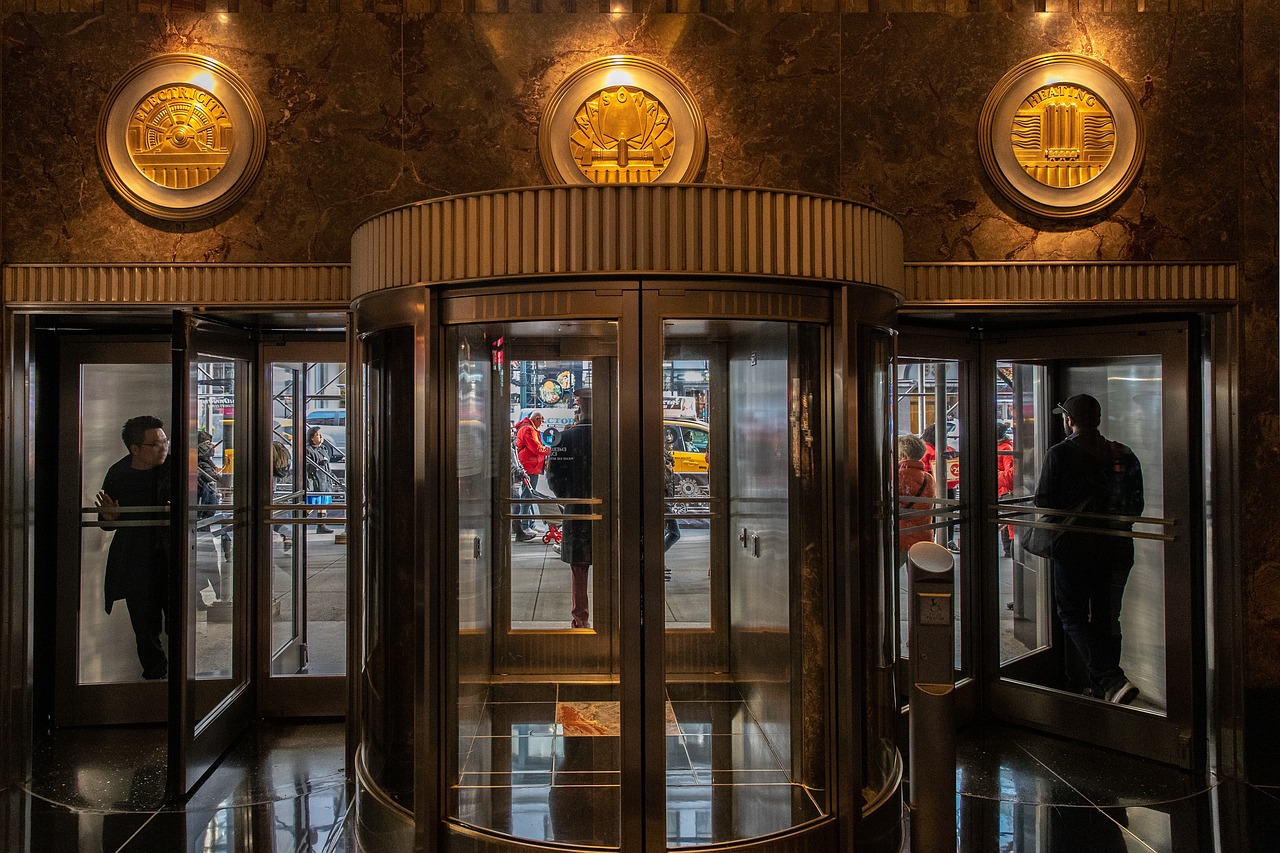
Assassination and Legacy
Caracalla's reign met a violent end when he was assassinated by a disgruntled soldier in AD 217. This event marked the conclusion of a tumultuous period in Roman history, characterized by political intrigue and military campaigns. Despite his ruthless reputation and controversial actions, Caracalla's legacy is complex and enduring.
One of the most significant aspects of Caracalla's legacy is his edict granting Roman citizenship to all free inhabitants of the empire. This bold move aimed to solidify his power and increase loyalty among the diverse population of the Roman territories. The Edict of Caracalla, also known as the Constitutio Antoniniana, had far-reaching implications for the social structure of the empire.
Caracalla's assassination not only ended his rule but also sparked debates about his impact on the Roman Empire. Some viewed him as a tyrant who ruled with an iron fist, while others saw him as a pragmatic leader who made necessary reforms. The assassination of Caracalla left a power vacuum that would be filled by subsequent emperors, shaping the course of Roman history.
Despite the controversies surrounding his reign, Caracalla's legacy endures through his actions and policies. The universal citizenship edict, in particular, had a lasting impact on the Roman Empire, influencing its identity and social dynamics for years to come. Understanding the assassination of Caracalla is crucial for grasping the complexities of this pivotal period in Roman history.
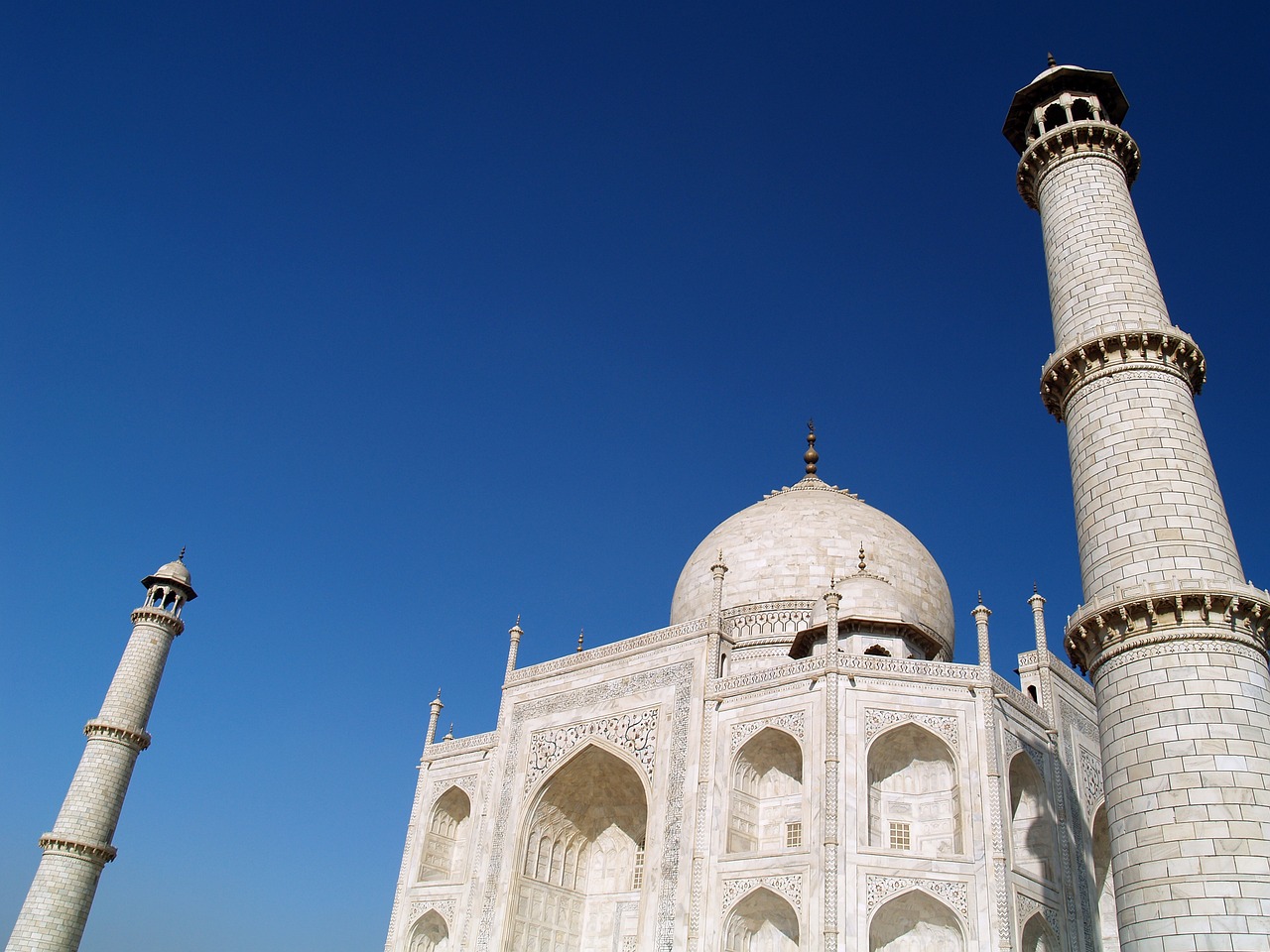
Personality and Controversies
Known for his volatile temper and paranoia, Caracalla's rule was marked by political purges and executions of perceived threats. His actions, including the murder of his own brother Geta, earned him a reputation for cruelty and instability.
Caracalla's personality was a complex mix of ambition and ruthlessness. His tendency towards violence and suspicion led to a reign filled with fear and uncertainty among the Roman elite. The assassination of his brother Geta and subsequent purges of potential rivals showcased his willingness to eliminate any perceived threats to his power.
Despite his controversial actions, Caracalla also displayed moments of generosity and strategic thinking. His edict granting Roman citizenship to all free inhabitants of the empire, although motivated by financial and military considerations, had a profound impact on the social fabric of Roman society.
Caracalla's reign was characterized by a constant struggle for control and dominance. His erratic behavior and swift retribution against dissenters created an atmosphere of fear and instability within the empire. The legacy of his rule continues to be debated by historians, with interpretations varying widely based on differing perspectives.
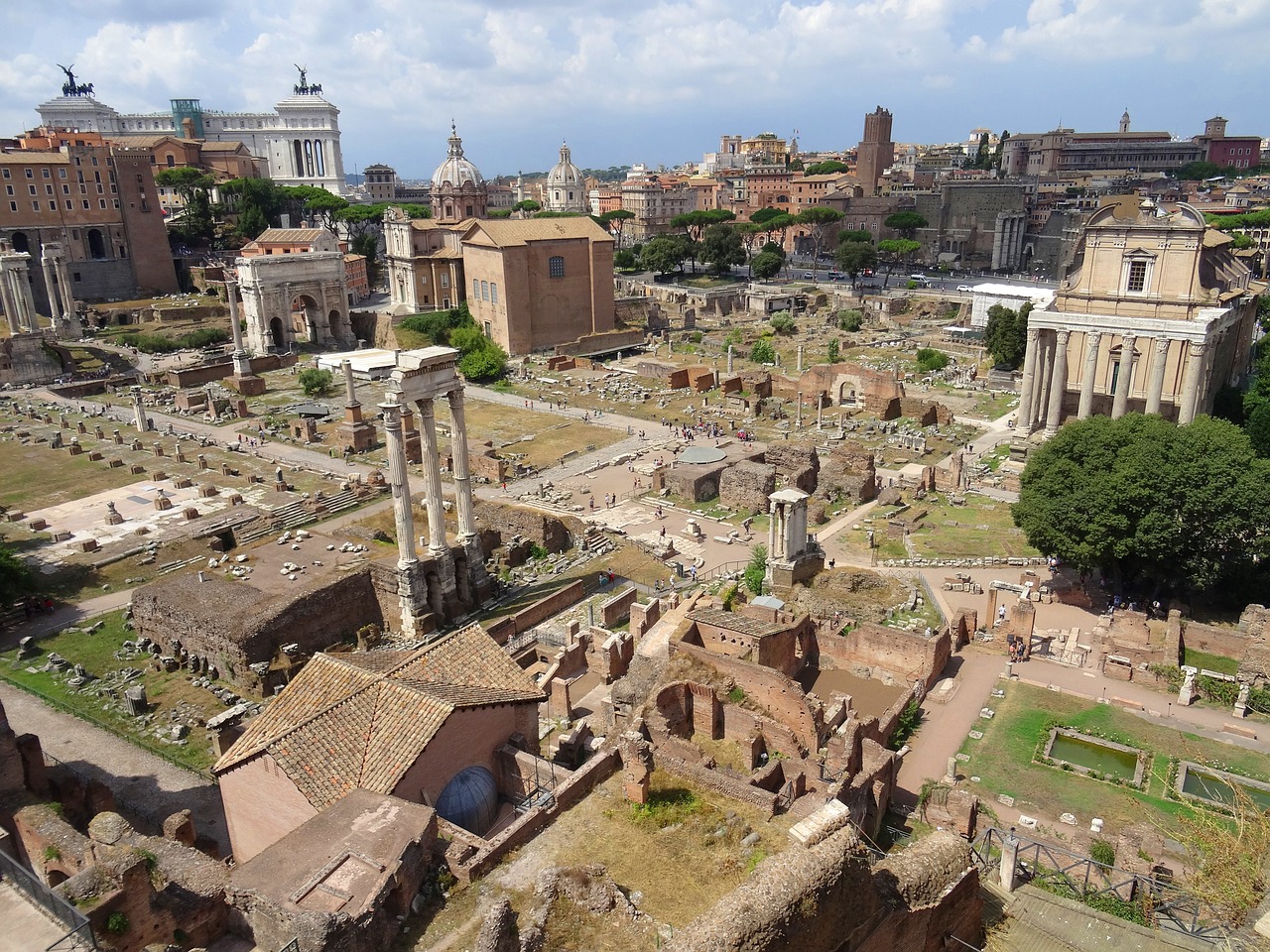
Art and Architecture under Caracalla
During his reign, Caracalla demonstrated a keen interest in art and architecture, leaving a lasting impact on the visual landscape of the Roman Empire. One of his most notable projects was the construction of the Baths of Caracalla in Rome, a massive complex that served as a public bathing facility and social hub for the city's residents. These baths were not just utilitarian structures but also works of art, adorned with intricate mosaics, sculptures, and decorative elements that showcased the wealth and power of the emperor.
Caracalla's patronage of the arts extended beyond the baths, as he commissioned various sculptures and monuments to commemorate his reign. These artistic endeavors were not only expressions of imperial propaganda but also cultural legacies that influenced the artistic trends of the time. The emperor's support for artists and architects helped to foster a vibrant creative scene in Rome, leading to the development of new styles and techniques in sculpture, painting, and architecture.
One of the most striking features of Caracalla's architectural projects was their grandeur and scale. The Baths of Caracalla, for example, covered an immense area and featured towering walls, soaring vaults, and expansive courtyards that impressed visitors with their sheer size and opulence. These structures were not just functional buildings but also symbols of the emperor's authority and magnificence, designed to awe and inspire all who beheld them.
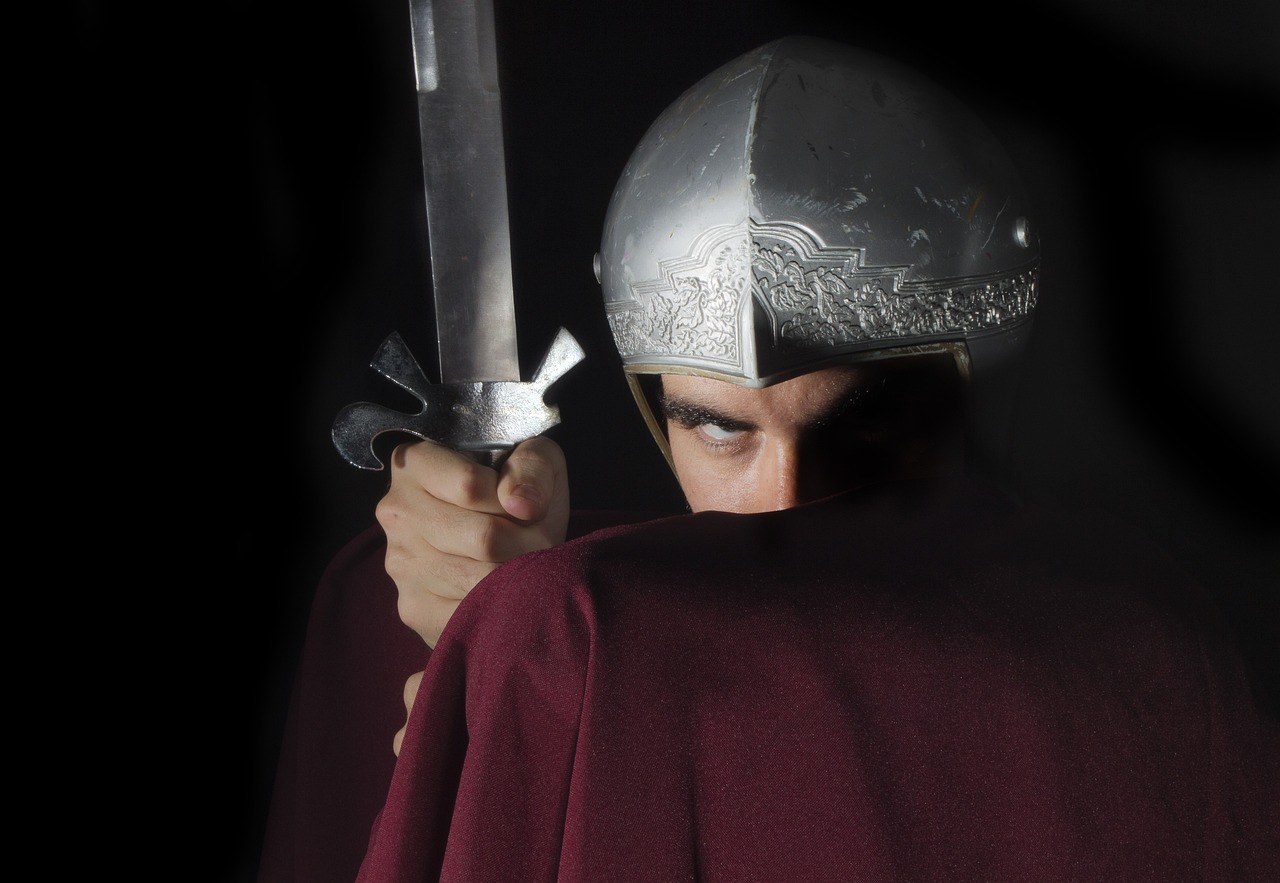
Historical Assessment and Interpretations
When assessing the historical legacy of Caracalla, historians are faced with a complex figure whose actions continue to spark debate and differing interpretations. Some view Caracalla as a ruthless tyrant, driven by paranoia and a thirst for power that led to political purges and violent executions. His infamous murder of his own brother Geta is often cited as evidence of his cruel and unstable nature.
On the other hand, there are scholars who argue that Caracalla's reign should be seen in a more nuanced light. They point to his Edict of Caracalla, which granted Roman citizenship to a vast number of people across the empire, as a strategic move to bolster tax revenue and military recruitment. This reform had a profound impact on the social structure of the Roman Empire, blurring the lines between Roman citizens and non-citizens.
Furthermore, Caracalla's military campaigns and expansionist policies have been both praised and criticized. While his victories against enemies such as the Parthians and Germanic tribes expanded the borders of the empire, they also led to significant bloodshed and strained resources. Some argue that Caracalla's aggressive foreign policy was necessary to maintain Roman dominance, while others see it as reckless and destabilizing.
Overall, Caracalla's legacy remains a topic of ongoing historical inquiry, with new evidence and interpretations continually shaping our understanding of this enigmatic emperor. Whether viewed as a ruthless despot or a pragmatic ruler, Caracalla's reign offers valuable insights into the complexities of power and governance in the ancient world.
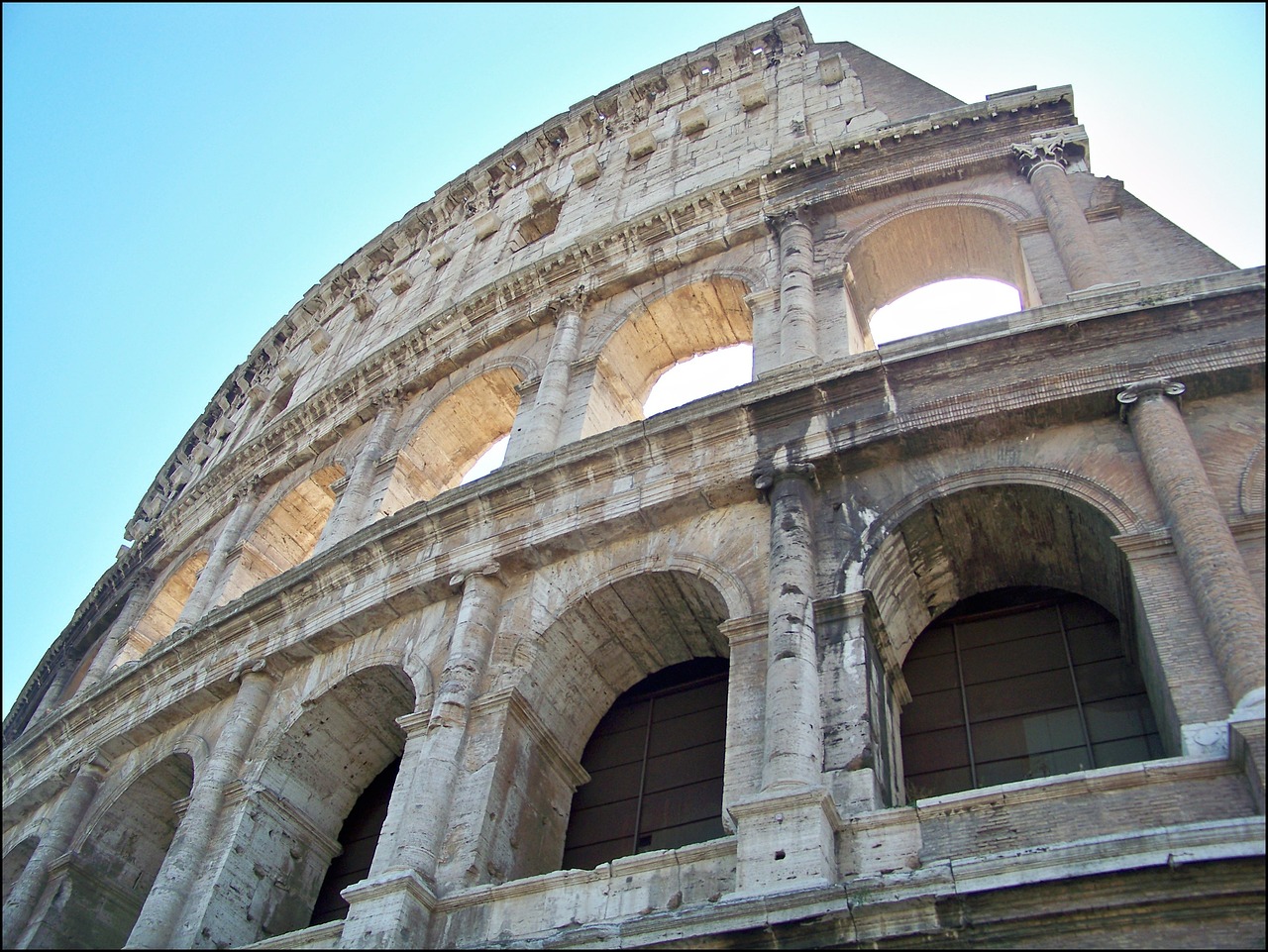
References and Further Reading
For those eager to delve deeper into the intriguing life and reign of Emperor Caracalla, a plethora of scholarly works and primary sources await exploration. These resources offer a multifaceted view of Caracalla's rule and the tumultuous era of the early 3rd century Roman Empire. By immersing oneself in the complexities of Caracalla's decisions and their repercussions, a greater understanding of this pivotal period in history can be attained.
Frequently Asked Questions
- What was Caracalla's most notable reform?
Caracalla's most notable reform was the Edict of Caracalla, also known as the Constitutio Antoniniana, which granted Roman citizenship to all free inhabitants of the empire.
- What marked Caracalla's reign as Emperor?
Caracalla's reign was marked by political intrigue, military campaigns, and his controversial actions, including the assassination of his own brother Geta.
- What impact did Caracalla's edict granting citizenship have?
Caracalla's edict granting citizenship had a lasting impact on the Roman Empire, influencing its social structure, tax revenue, and military recruitment.
- What were some of Caracalla's military campaigns?
Caracalla led military campaigns against the Parthian Empire and Germanic tribes, shaping the borders of the Roman Empire during his rule.
- How did Caracalla's reign come to an end?
Caracalla was assassinated by a disgruntled soldier in AD 217, bringing a violent end to his rule as Emperor of Rome.
- What is Caracalla's legacy in terms of art and architecture?
Caracalla sponsored various building projects, including the famous Baths of Caracalla in Rome, showcasing the architectural achievements of his time.
- How do modern historians view Caracalla's legacy?
Modern historians have debated Caracalla's legacy, with some considering him a tyrant and others a pragmatic ruler, highlighting the complexities of his rule.
- Where can I find more information about Caracalla and his reign?
For those interested in learning more about Caracalla, there are numerous scholarly works and primary sources available to delve into the turbulent period of the Roman Empire in the early 3rd century.

